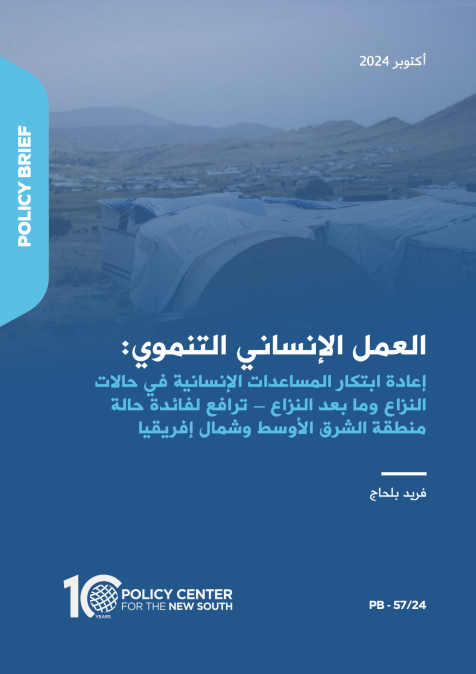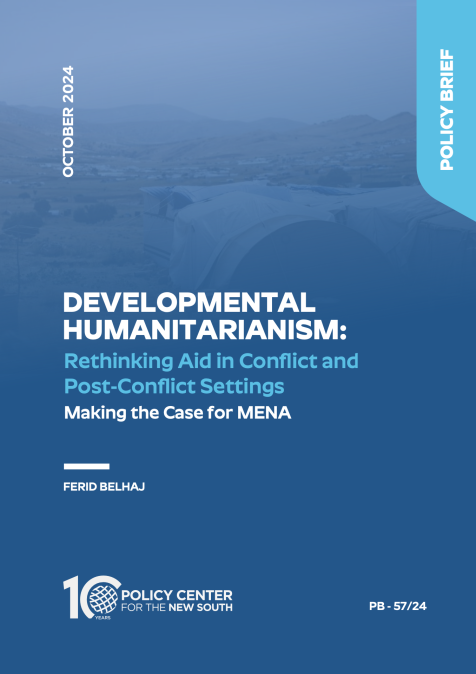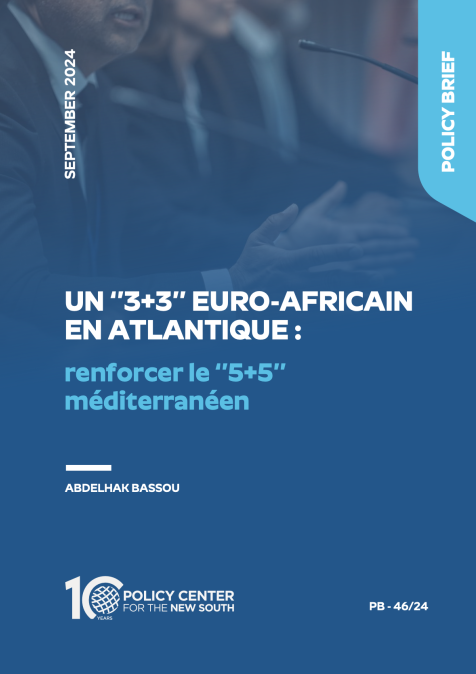Publications /
Policy Paper
For decades, the North African Maghreb has been both a source of irregular migration to Europe and a gateway for sub-Saharan Africans transiting to Europe. Now the Maghreb is also emerging as a destination for migration. While Europe remains the preferred destination for most African migrants, reaching Europe is becoming increasingly difficult at precisely the time that migration pressures in Africa are mounting.
Africa’s massive migration is just getting started—and this presents both opportunity and risk for the Maghreb. Several trends in sub-Saharan Africa point to higher rates of migration northward in the years ahead. First, Africa’s population is expanding dramatically and is expected to double by 2050 to more than 2.5 billion people. Population growth of such magnitude will put unprecedented strain on local governments, especially in large cities. Second, sub-Saharan Africa’s population is young and increasingly networked through cellular communication and new technology. Third, endemic problems across large swaths of the continent, including conflict and environmental degradation, will continue to propel people out of their homes in search of a better life.
These shifting migration patterns pose a difficult test for governments that are already facing high levels of public discontent over endemic socioeconomic grievances. Each government in the region—Morocco, Algeria, and Tunisia—is responding differently. Their policies will not only affect domestic stability, but will also shape bilateral cooperation with European and African governments. At stake are a wide range of strategic interests, including aid, investment, trade, military cooperation, and diplomatic support.
This report seeks to illustrate how migration patterns in the North African Maghreb are changing and how governments in the region are responding to these shifts at an important juncture. It addresses the debates migration has sparked in Morocco, Algeria, and Tunisia, and examines the diverse policy choices that governments are making to address the challenge. Governments in the Maghreb still have an opportunity to think strategically about migration and pursue an approach that not only mitigates risk but also finds opportunity. Doing so will require balancing a complex set of pressures within and beyond their borders.












